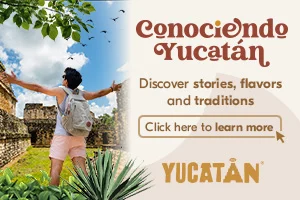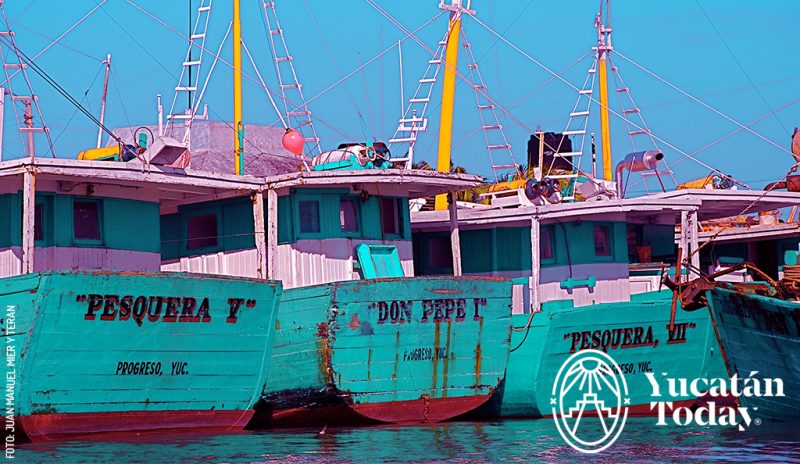
“El Tucho”, “La Original”, “Los Primos”, “La Guadalupana”… those are just some names that you find labeled on the walls of stores, hardware stores, food businesses and boats, when you walk the streets and docks of Yucatán . Each one identifies a business, a corner and, sometimes, an entire tradition.
Naming something is giving an identity and personality to a business or a brand. The name is as important as the product or service itself and generates a label, a seal, a first impression that remains marked forever. In Yucatan, in addition to addresses, references to places are usually given and many times the names are so peculiar that you will surely wonder their origin and explanation, so keep reading to find out everything you always wanted to know.
In Yucatán there are very peculiar ways of naming businesses and together we are going to learn about some of the most interesting ones. First you have to know that you can find names in Spanish and Mayan (mainly in the Historic Center of Mérida and in the towns); in English (especially new businesses), always in combinations that catch your attention and stay in your memory.
The migrations of communities of Koreans, Chinese, French, Italians and others have also generated a diversity of business names, which confirms Mérida and Yucatán as an extremely attractive multicultural epicenter to know and visit.
![]() For religious devotion
For religious devotion
Whether as a thank you, promise or for the religious vocation, mainly Catholic, that is lived in the state, it is very common to find names of saints in businesses and stores. Sometimes they function as protection, especially if we talk about boats and boats, like Don José, a fisherman who has named his rustic boat “La Guadalupana” and entrusts himself to the Virgin of Guadalupe every time she goes fishing. .
With proper names and/or surnames
The most common way is to use the name of the business owner, the children, or the last name if it is a family business. From small businesses to large chains in Yucatan and Mexico they maintain this traditional form. "Los 4 Hermanos" (tamales), “Los Hermanos Suárez”, “Don Pepe”, “Chedraui”…and so on you could make a very long list of all types of businesses.
![la-conkaleña-mercado-nombres-by-jonathan-alcocer]() With nicknames
With nicknames
Here it gets more interesting, since nicknames, in Spanish or with Mayisms, are generally allusive to some characteristic of the original owner or some similarity or relationship with an animal. “Puruxitos” (fat guys), “El Pich” (bird), “Boxito” (boy), “El Rey de los Pastelitos”, among many others. Without a doubt, the humor and joy of the Yucatecans is reflected in these cases and has managed to create a unique identity.
![]() By contrast
By contrast
Sometimes businesses with the same business or service are set up very close and that also influences their names. The bar “La Gatita Blanca” (Av. Itzáes) once had a bar called “El Gatito Negro” in front of it. Also in the towns you usually find this type of names, “La Tía de Kaua” vs. “The True Aunt of Kaua.”
The names of the corners of the Historic Center deserve special mention, each one with a unique story and anecdote. Be sure to take photos of the names that catch your attention and share them to show the Yucatán of today.
Read more about traditions and customs:

Author: Violeta H. Cantarell
“Meridana,” traveler, animal lover, passionate reader, commentator, and enthusiastic promoter of the natural and human beauty of Yucatán.
Receive the latest articles and much more from the best of Yucatán in your email!
Related articles
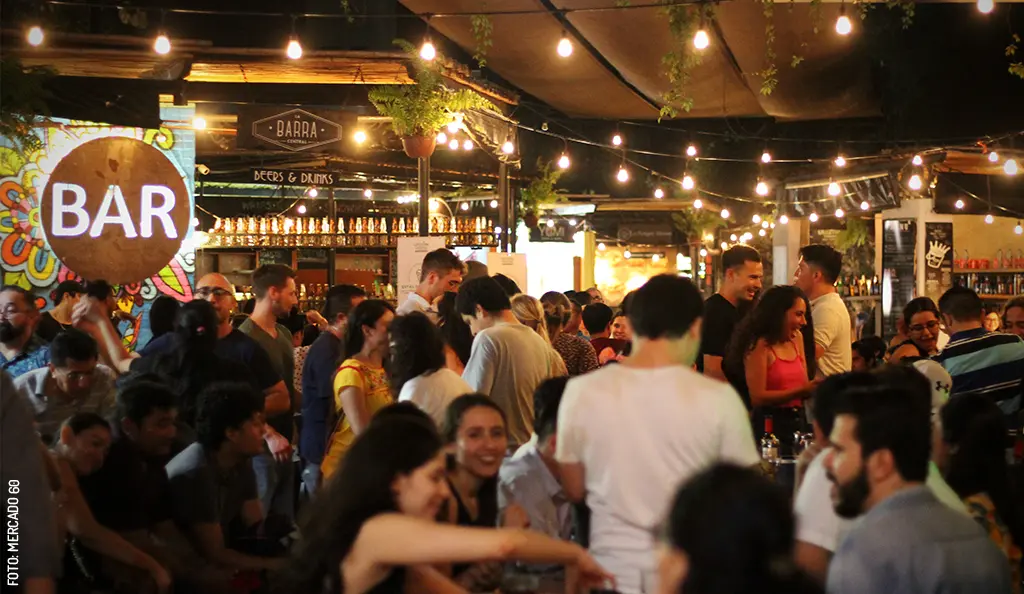
Dancing to the Mérida Beat
“Salsa” as a musical genre was first heard of in the sixties in New York. Its melodies, rich in Afro-Cuban rhythms (inspired by mambo and guaracha,...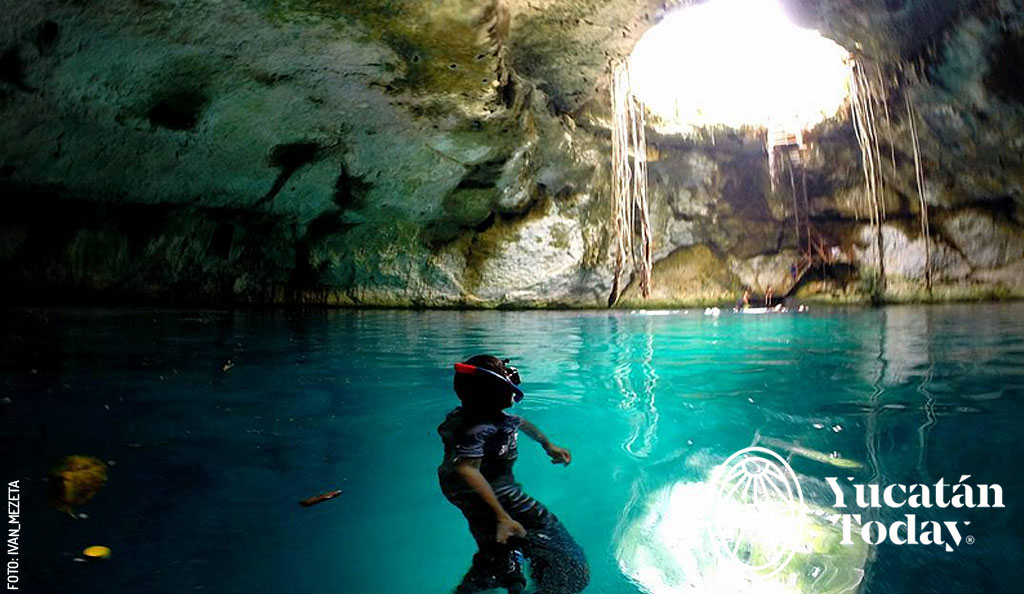
Cenotillo, The City of Cenotes
Explore the hidden gems of Cenotillo, the City of Cenotes, filled with natural wonders and friendly locals.



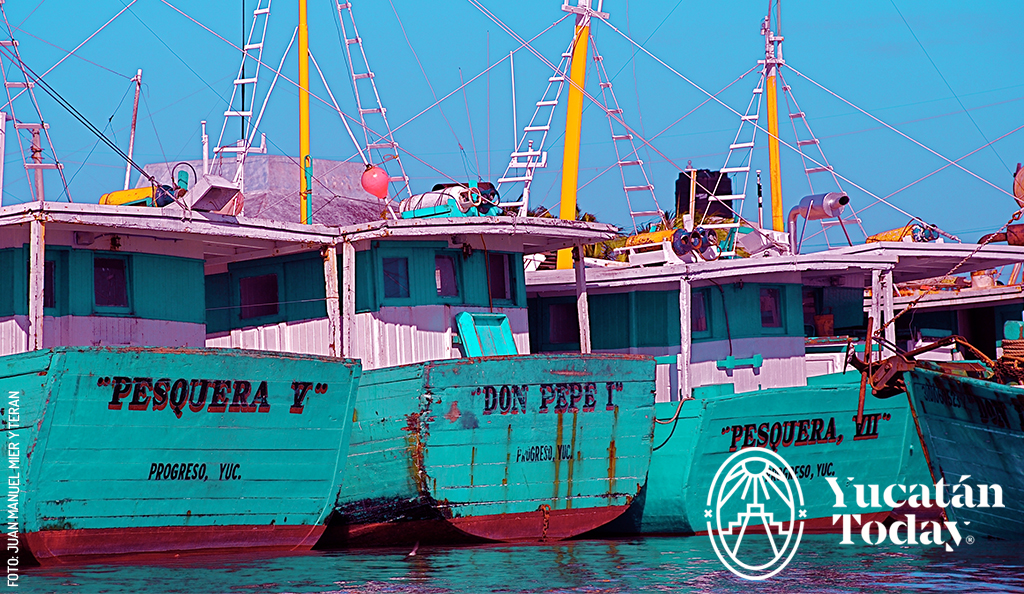
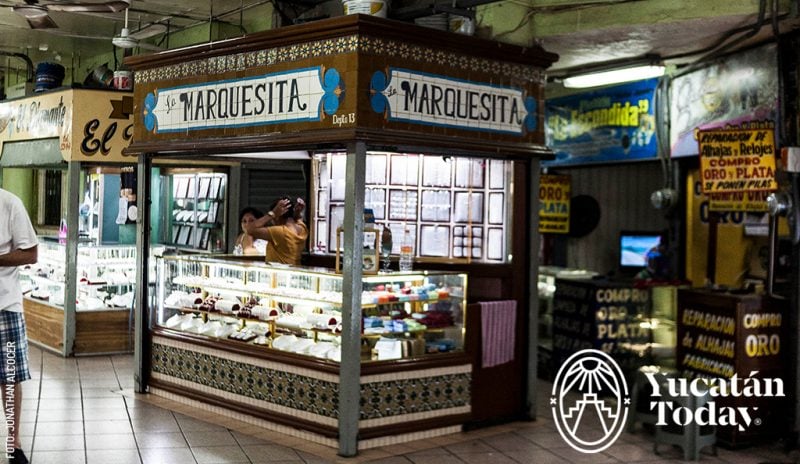
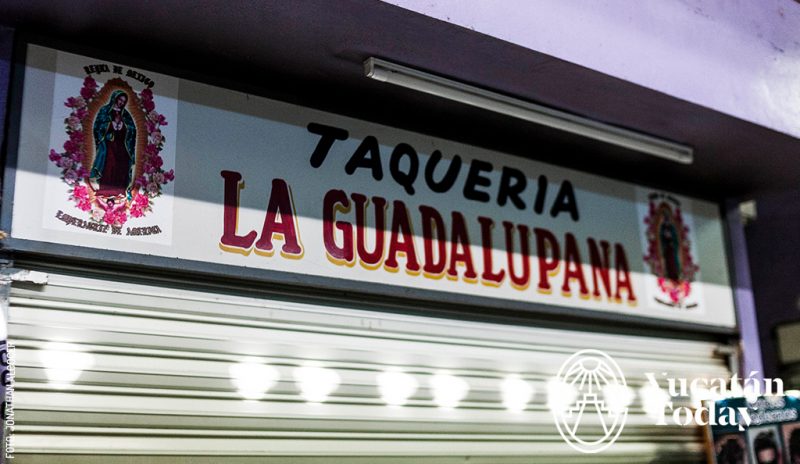 For religious devotion
For religious devotion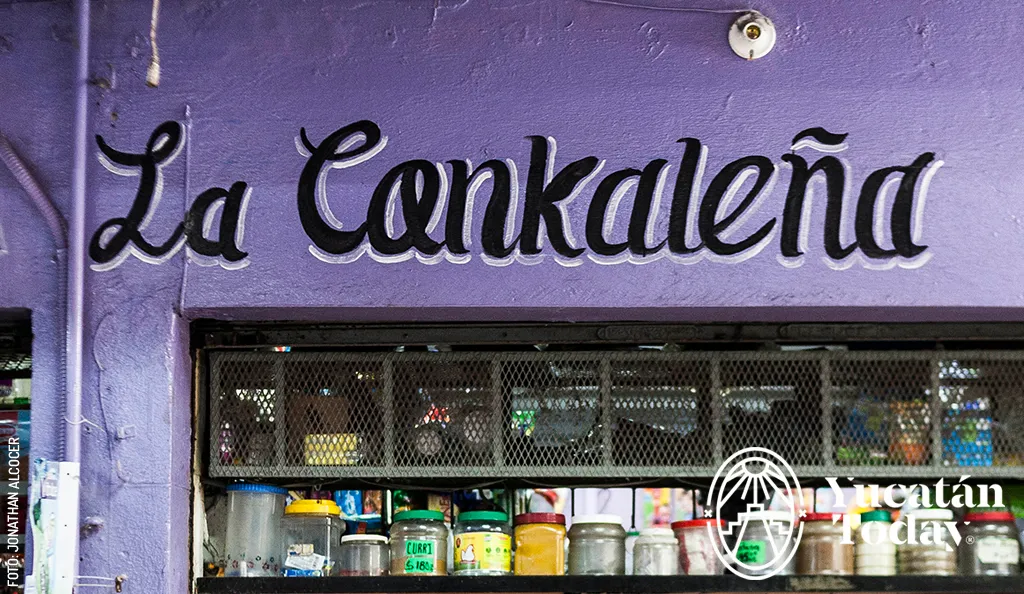 With nicknames
With nicknames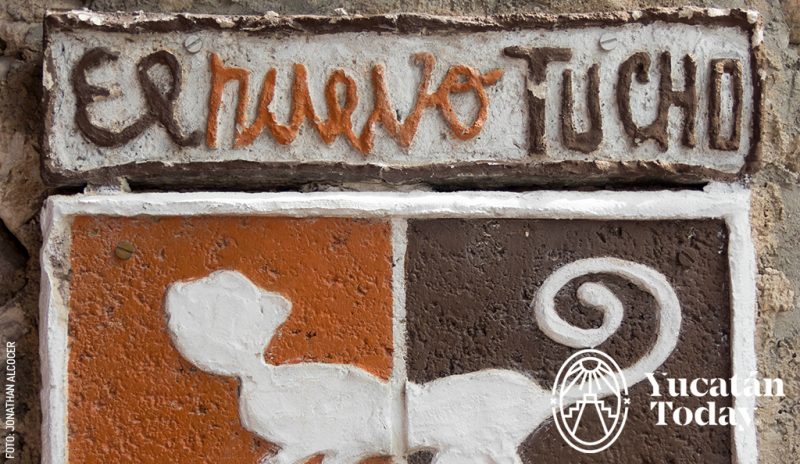 By contrast
By contrast
